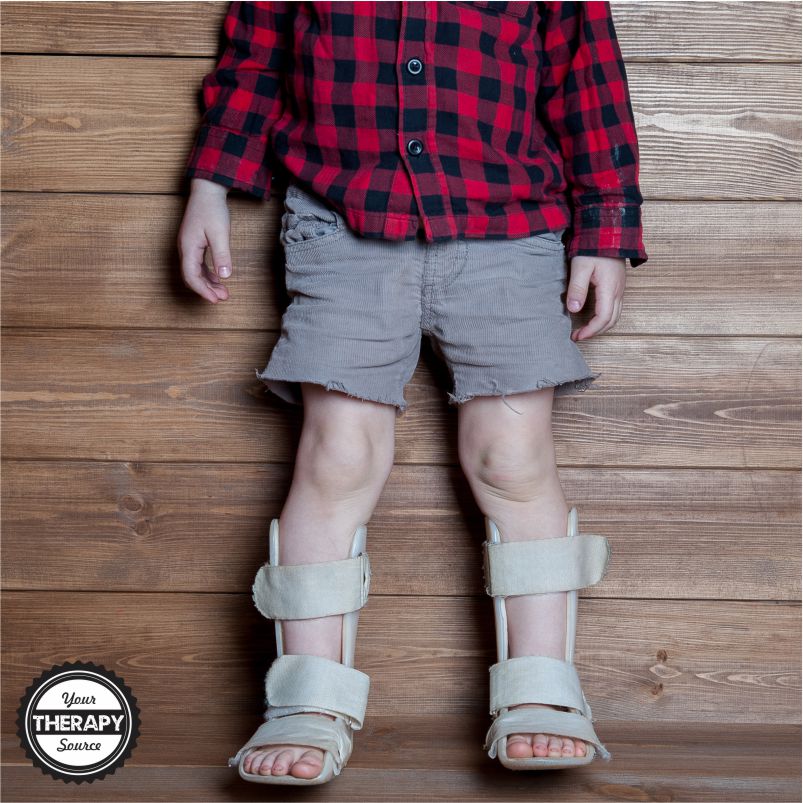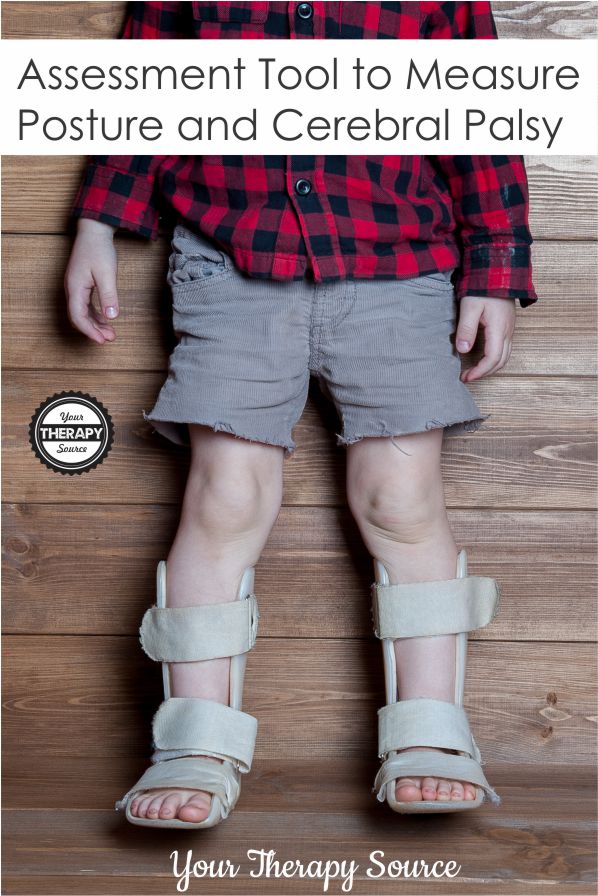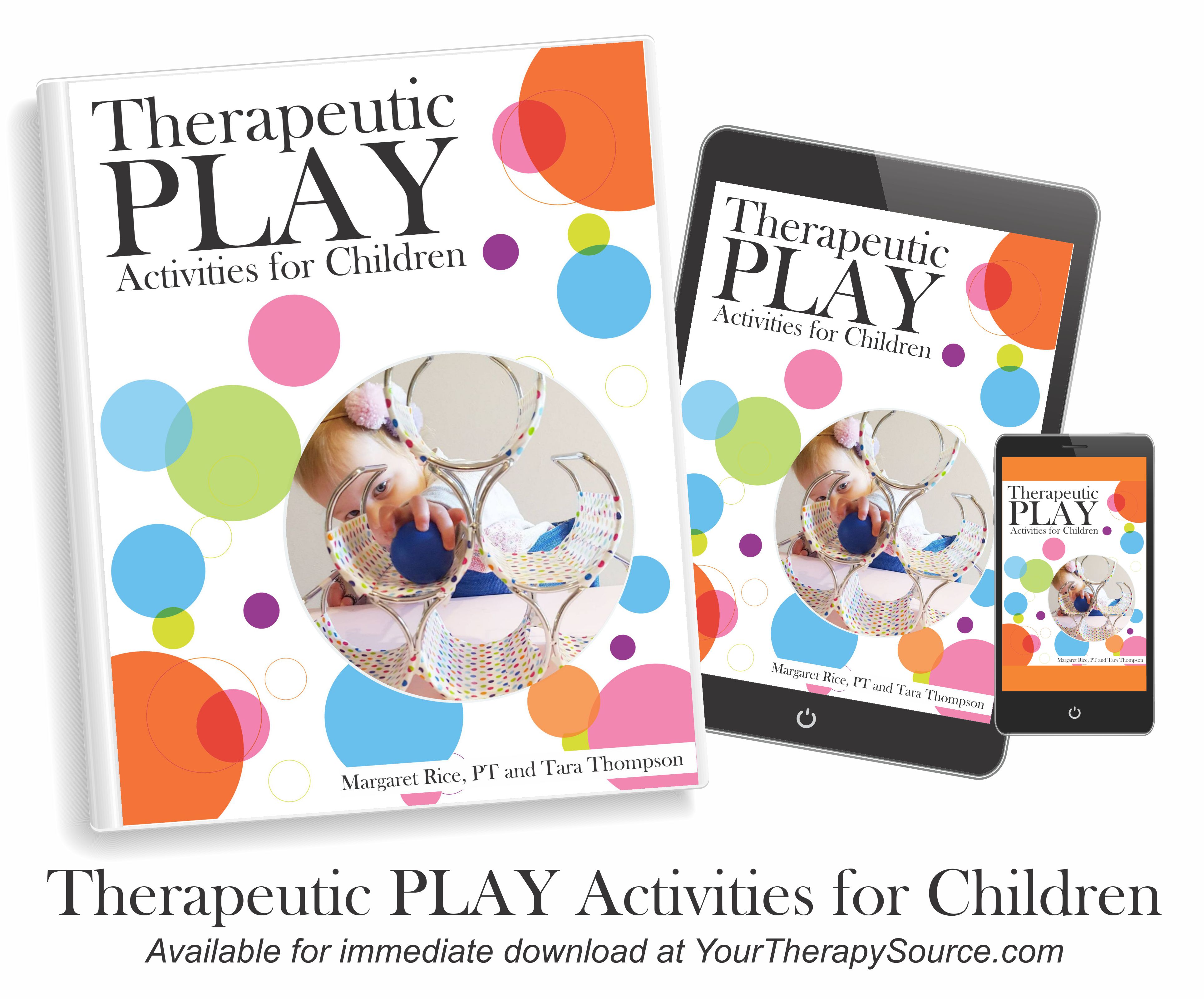Cerebral Palsy and Posture – Posture and Postural Ability Scale

When you complete assessments, do you use descriptive, clinical observation skills to describe posture in children with cerebral palsy or do you use quantitative data? The Posture and Postural Ability Scale is an assessment tool for children and adults to help evaluate cerebral palsy and posture.
What Does the Research Say on Evaluating Cerebral Palsy and Posture Using the Scale?
The Posture and Postural Ability Scale is a 7-point ordinal scale for the assessment of postural ability in standing, sitting, supine and prone. There are six items for assessment of quality of posture in the frontal plane and another six items in the sagittal plane.
When To Use This Scale for Cerebral Palsy and Posture?
Health professionals can use this Posture and Postural Ability Scale for children and adults with cerebral palsy in order to evaluate the following:
- postural ability and quality.
- pre and post intervention measurement.
- benefits of adaptive equipment in lying, sitting and standing.
You grade the scale by scoring one point for symmetrical posture and zero points for asymmetrical posture. It does not grade the severity of the postural deficits. It only documents that the asymmetries are present.
What Does the Research Say on Adults with Cerebral Palsy and the Posture Scale?
The Posture and Postural Ability Scale showed an excellent interrater reliability for experienced raters, a high internal consistency and construct validity. It can identify postural asymmetries in adults with cerebral palsy at all levels of gross motor function.
What Does the Research Say on Children with Cerebral Palsy and the Posture Scale?
The Posture and Postural Ability Scale shows high psychometric properties for children with cerebral palsy. It provides information on postural deficits and asymmetries indicating the potential need for support and where it needs to be applied.
Resources for Children with Cerebral Palsy
Teaching Motor Skills to Children with Cerebral Palsy and Similar Movement Disorders – A Guide for Parents and Professionals is a guide, written by an experienced physical therapist, provides parents with a complete understanding of how the physical characteristics of cerebral palsy and similar conditions–muscle tightness and weakness, increased or decreased flexibility, abnormal reflexes, impaired sensory perception–affect a child’s ability to sit, crawl, stand, and walk. FIND OUT MORE.
Therapeutic Play Activities for Children digital download includes 100 play activity pages and 12 tip sheets. The play activities encourage the development of fine motor skills, bimanual skills, rolling, crawling, tall kneeling, standing balance and cruising with a strong focus on children with cerebral palsy.
This digital set of Wheelchair Activity Cards and Printables includes 27 different wheelchair activity strengthening cards with descriptions and full sheet printables. BONUS – this set includes the ability to edit the descriptions in PowerPoint or convert it to Google Slides, making them super easy to use digitally and screen share!
Read More about Children with Cerebral Palsy
Body Representation in Children with Cerebral Palsy
Cerebral Palsy: Wheelchair Positioning and Effects
Development of Motor Performance Continues for Years
Examining Gross Motor Skills in Children with CP
References:
You can view the Posture and Postural Ability Scale here.
Rodby-Bousquet, E., Ágústsson, A., Jónsdóttir, G., Czuba, T., Johansson, A. C., & Hägglund, G. (2014). Interrater reliability and construct validity of the Posture and Postural Ability Scale in adults with cerebral palsy in supine, prone, sitting and standing positions. Clinical rehabilitation, 28(1), 82-90.
Rodby-Bousquet, E., Persson-Bunke, M., & Czuba, T. (2016). Psychometric evaluation of the Posture and Postural Ability Scale for children with cerebral palsy. Clinical Rehabilitation, 30(7), 697-704.




